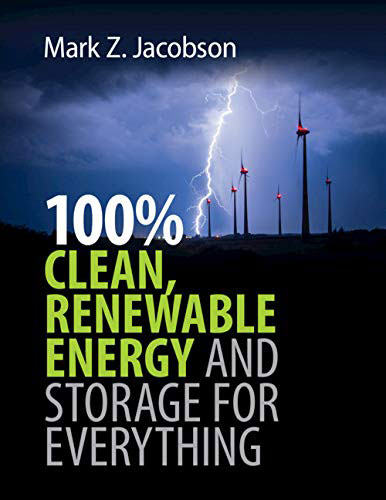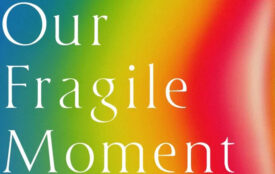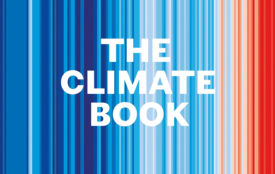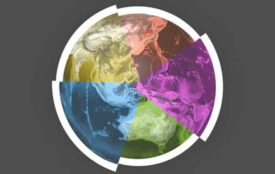100% Clean, Renewable Energy and Storage for Everything
Numerous laws – including the Green New Deal – have been proposed or passed in cities, states, and countries to transition from fossil fuels to 100% clean, renewable energy in order to address climate change, air pollution, and energy insecurity.
This textbook lays out the science, technology, economics, policy, and social aspects of such transitions. It discusses the renewable electricity and heat generating technologies needed; the electricity, heat, cold, and hydrogen storage technologies required; how to keep the electric power grid stable; and how to address non-energy sources of emissions. It discusses the history of the 100% Movement, which evolved from a collaboration among scientists, cultural leaders, business people, and community leaders. Finally, it discusses current progress in transitioning to 100% renewables, and the new policies needed to complete the transition. Online course supplements include lecture slides, answers to the end-of-chapter student exercises, and a list of extra resources.

- The first textbook to explain how 100% clean, renewable energy can be achieved, in a short time, using technologies that are currently available. Includes energy generation, storage, and transmission technologies for how to transition from fossil fuels.
- Research presented in the book serves as the scientific basis for the Green New Deal and many laws by towns, cities, states, and countries to go to 100% clean, renewable energy.
- Derived from a groundbreaking course taught by the author, over 30 Transition Highlights show real-world examples of successful transition to 100% renewables. Solved exercises and end of chapter problems engage students from a variety of disciplinary backgrounds.
- Highly multidisciplinary and accessible to students of all levels taking courses in departments of Environmental Engineering, Environmental Science, Earth Science, Geography, Energy/ Environmental Policy and Economics.








